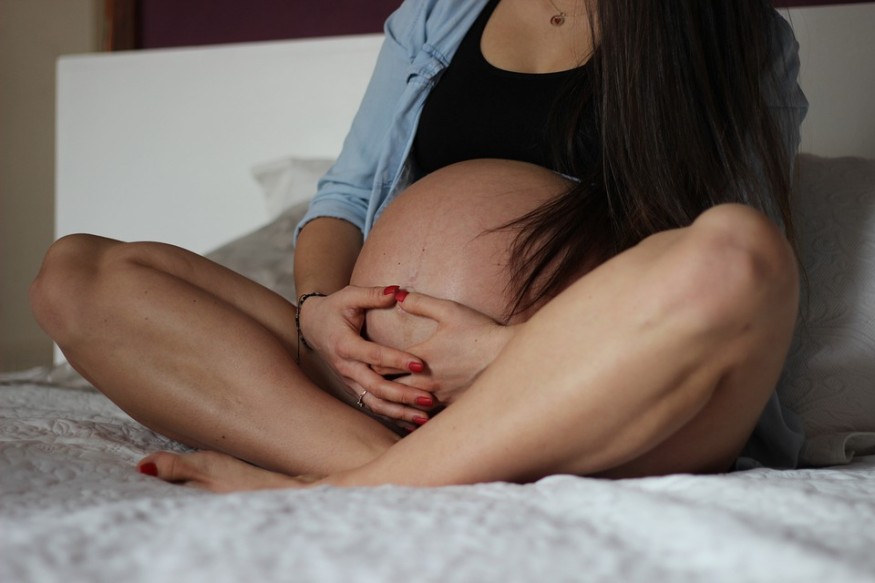A new study has found evidence that exposure to metals may cause pre-term birth and low weight babies. Metals can change the concentrations of prenatal hormone composition during pregnancy, according to a study by Rutgers researchers and colleagues.
Examples of such metals include arsenic, nickel, lead, and cobalt. They can disrupt the hormones of a pregnant woman while she is still carrying her unborn child.
The researchers published their findings in Environment International.
In the past, studies have determined that exposure to these metallic elements is associated with birth and natal problems, including complications such as pre-term deliveries and lower baby weights. In women, there is also the occurrence of pre-eclampsia.
These previous studies, however, did not determine how these metals can cause these problems when pregnant women get exposed to them.
READ: Several US Regions' Found With Arsenic-Poisoned Drinking Water
Contributions of the new study

According to the new study, some of the metals disrupt the women's endocrine system. The endocrine glands have many important and essential functions in the body. If their secretion and functions are disrupted in a pregnant woman, this dysfunction can be the precursor to the future diseases and health problems seen in their children.
According to Rutgers School of Public Health Department of Biostatistics & Epidemiology assistant professor and lead author Zorimar Rivera-Núnez, there is a delicate balance in the system of hormones in pregnancy, starting from the point of conception up to the baby's delivery. A disruption of such balance could affect both the mother and her baby negatively.
In the conduct of the study, the research team analyzed urine and blood samples from a total of 815 women who have enrolled in PROTECT or the study termed Puerto Rico Test for Exploring Contamination Threats.
The PROTECT study was initiated during the year 2010 and is still ongoing. It is a birth prospective cohort that studies environmental exposures of pregnant women together with their children in Puerto Rico, particularly in its north karst zone, which includes mountainous rural and urban areas.
READ ALSO: India: Lead and Nickel Found in Blood Samples of "Mysterious Illness" Patients
The study authors discovered that the metals could function as endocrine disruptors, which alter the concentrations of prenatal hormones during the pregnancy period. Such a disruption depends on the time during the pregnancy that the mother had been exposed to.
Pre-natal metal exposure could lead to significant consequences that influence the individual beyond his health during birth. Changing the composition of sex and steroid hormones in pregnancy could be the cause of inadequate growth of the fetus, leading to lower than normal birth weight.
There is also a high association between the baby's size at birth and the growth of the child as well as their risk of having chronic diseases such as breast cancer and obesity.
Pregnant women in Puerto Rico
In pregnant women, it has been found that exposure to metals is higher in Puerto Rico residents compared to those in the continental US.
According to Rivera-Núnez, Puerto Rico has significantly higher incidences of pre-term birth, amounting to almost 12%. Pollution exposure is also exacerbated by the frequency and intensity of extreme weather events, including droughts, flooding, and hurricanes.
Future studies could focus on how changes in endocrine function can affect health and birth, as well as the relationship of metals with endocrine function markers. This is aside from the effects of metals in causing low weight babies and pre-term birth.
READ NEXT: Arctic Oil Spill: Norilsk Nickel Fined $2.1B for Environmental Damages
Check out for more news and information on Pesticide on Nature World News.
© 2025 NatureWorldNews.com All rights reserved. Do not reproduce without permission.





